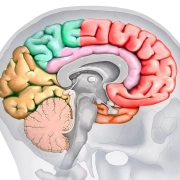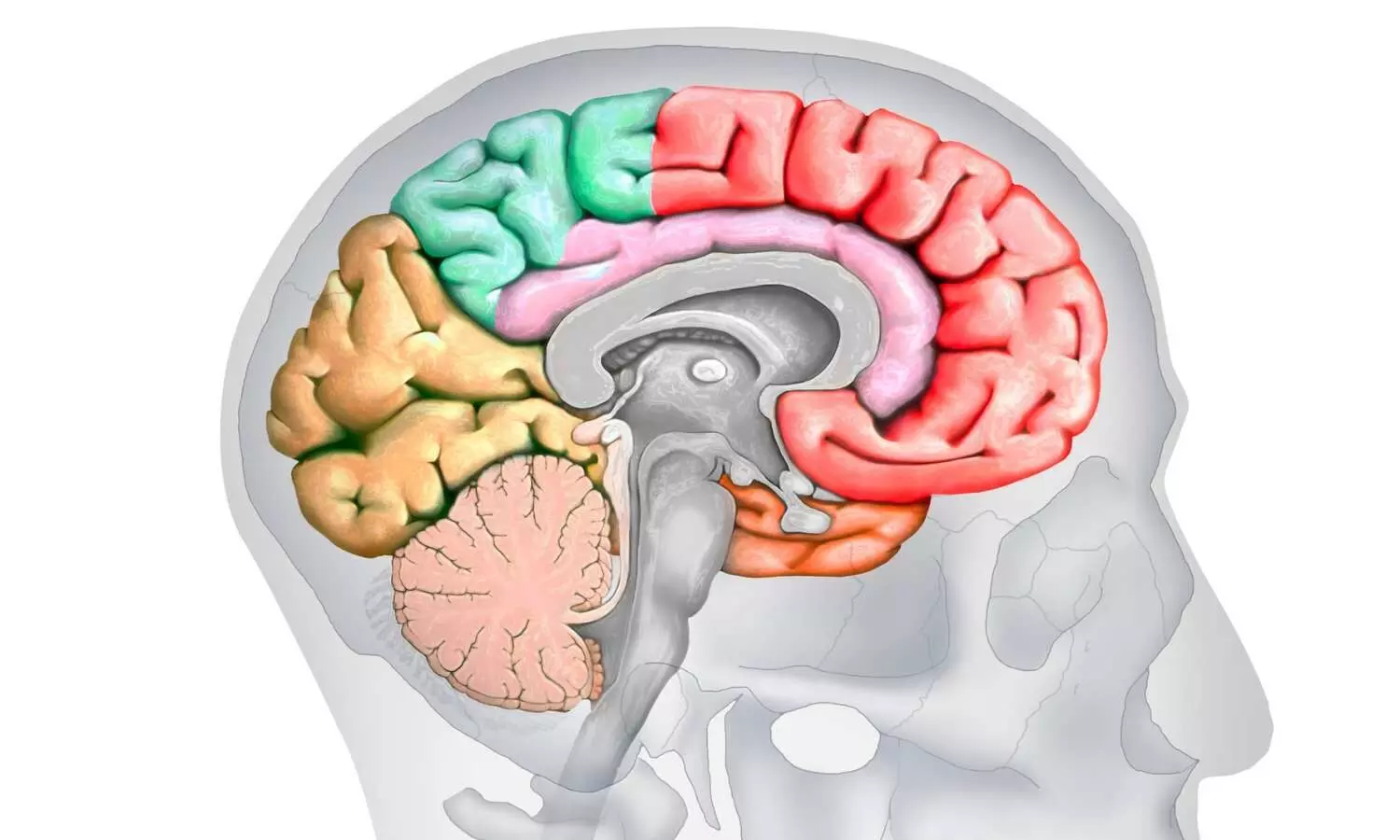The first prospective study comparing outcomes in patients with pituitary apoplexy-sudden bleeding or death of a pituitary tumor-found that individuals managed medically fared as well as those treated surgically in the majority of cases. The multicenter international study, led by Cedars-Sinai investigators, was published in The Journal of Clinical Endocrinology & Metabolism.
“This is the best data to date on the question of surgery versus medical management in patients with this rare but serious condition,” said Adam Mamelak, MD,co-director of the Pituitary Center, director of the Functional Neurosurgery Program at Cedars-Sinai and lead author of the study. “It demonstrates in a prospective, controlled way what previous studies had begun to suggest, namely that pituitary apoplexy is very rarely a surgical emergency.”
The pituitary gland, located at the base of the brain, controls the function of several hormone-producing glands. Pituitary apoplexy occurs when a benign tumor in the pituitary gland area begins to bleed or dies, causing the tumor to grow and press on the surrounding brain tissues. This, in turn, causes symptoms such as severe headache, fatigue, confusion and vision problems that may include vision loss. Most commonly, these tumors are undetected prior to the apoplexy event.
To relieve the pressure on brain tissues and mitigate the symptoms of apoplexy, patients can either have the tumor surgically removed or be treated with medications to relieve pain and other symptoms while they wait for it to naturally shrink over time. In both cases, patients generally also need hormone-replacement therapy, Mamelak said.
Pituitary apoplexy has long been considered an emergency requiring rapid surgical treatment to achieve best results. Small retrospective studies, where investigators look back at previously collected data, have suggested that pituitary apoplexy patients have equally good outcomes with medical management, but these observations have failed to significantly change clinical practice.
“While we’ve seen a growing trend toward clinicians being a little more comfortable with medical management of pituitary apoplexy, in general, most patients still end up getting surgery,” Mamelak said. “Those small retrospective studies really didn’t move the needle that much.”
To provide a more solid basis for clinical decision-making, Mamelak and fellow investigators from the Department of Neurosurgery and the Pituitary Center at Cedars-Sinai-as well as colleagues from 11 other medical centers in North America, Japan, South Korea and Europe-developed the Pituitary Apoplexy Surgical Timing and Outcomes Registry (PASTOR).
The registry enrolled 97 patients with pituitary apoplexy at the time of diagnosis and compared outcomes for the 67 patients who had surgery with those for the 30 patients whose symptoms were medically managed. This type of prospective registry allows investigators to draw stronger conclusions because data collection is the same for all participants.
Investigators found that:
- Length of hospital stay was the same for patients who had surgery as for those who did not.
- Patients who had surgery experienced the same outcomes whether they had surgery right away or days after the onset of symptoms.
- There were no statistically significant differences in hormone function, vision or quality of life between the two groups of patients three and six months after treatment.
Mamelak noted that patients experiencing more severe vision symptoms were more likely to have surgery than those experiencing milder symptoms but that surgery didn’t necessarily lead to better outcomes.
“Cedars-Sinai and the other sites taking part in this study all have expert pituitary neurosurgery and endocrinology teams, which could help account for the positive outcomes experienced by surgical patients,” said , chair of the DepKeith L. Black, MD artment of Neurosurgery and the Ruth and Lawrence Harvey Chair in Neuroscience at Cedars-Sinai. “A wealth of solid research tells us that outcomes from pituitary surgery are directly tied to surgical experience.”
Mamelak said that further research specifically looking at outcomes for people with visual field deficits would be needed to determine whether surgery is best in those cases. Meanwhile, the current findings could especially benefit medical centers that do not have the expertise to surgically treat pituitary tumors.
“These findings take some of the urgency out of managing these cases,” Mamelak said. “Clinicians at these centers now know that they can safely manage these patients medically and transfer them when it’s reasonable and available, or allow patients to forgo surgery entirely if they are comfortable with that.”
Reference:
Adam N Mamelak, Andrew S Little, Paul A Gardner, João Paulo Almeida, Pablo Recinos, Pranay Soni, Varun R Kshettry, John A Jane, Garni Barkhoudarian, Daniel F Kelly, Robert Dodd, Debraj Mukherjee, Zachary C Gersey, Noriaki Fukuhara, Hiroshi Nishioka, Eui-Hyun Kim, Claude-Fabien Litré, Elliott Sina, Mia W Mazer, Yujie Cui, Vivien Bonert, A Prospective, Multicenter, Observational Study of Surgical vs Nonsurgical Management for Pituitary Apoplexy, The Journal of Clinical Endocrinology & Metabolism, 2023;, dgad541, https://doi.org/10.1210/clinem/dgad541












